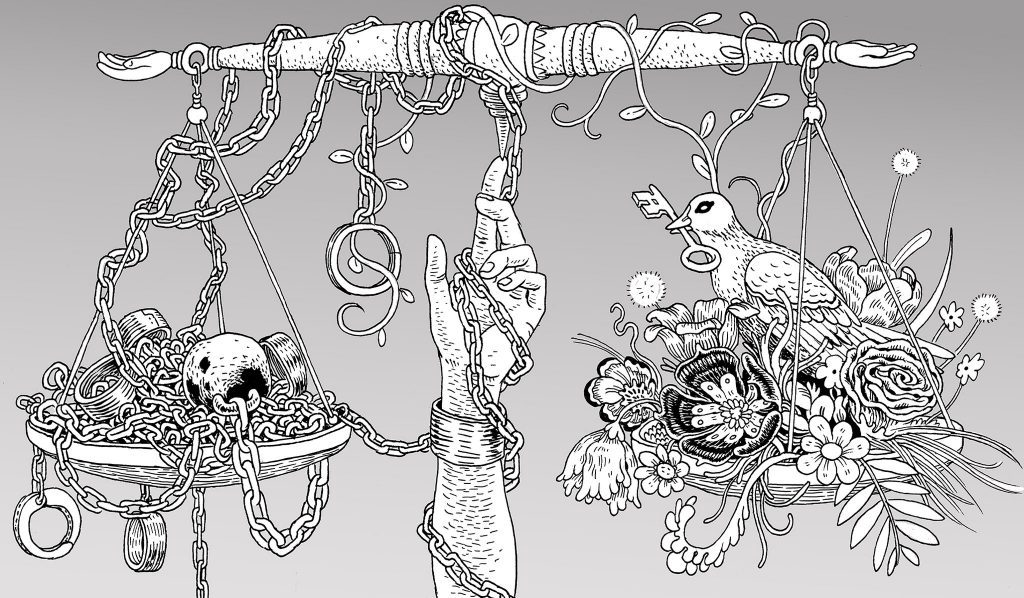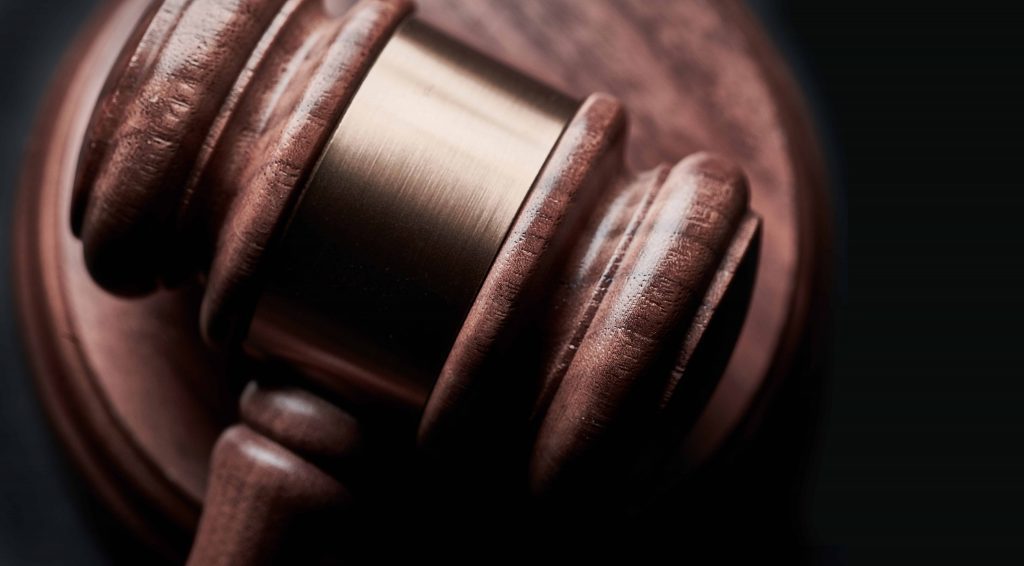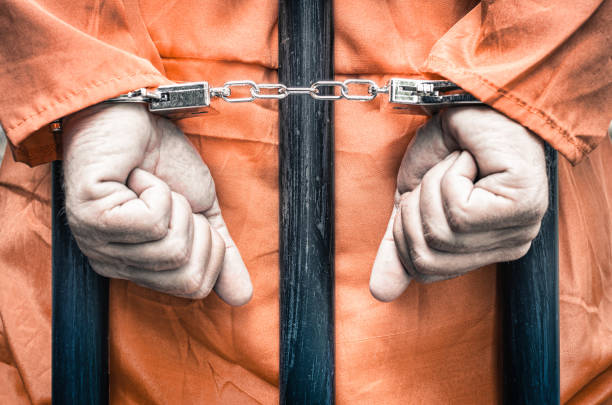
You’re sitting on a couch and reading a newspaper, sipping coffee and a headline catches your eyes “Business tycoon murdered brutally”. Your blood starts boiling and all you want is an excruciating punishment for the criminal. From public rendering during prehistoric times to the trendy media obsession with renowned cases, criminal justice has always had a way of capturing public interest. Individuals from all walks of life are fascinated by criminal justice. You, like many others, are no exception. So, what is criminal justice, exactly? And who are the experts who work in this domain?
What is Criminal Justice and Criminal Reform?
Criminal justice is not just about law enforcement. The vital purpose of this sprawling system is to preserve and protect the rule of law, oversee outlawed activity, impose penalties on those who infringe the law, ensure they don’t re-offend, provide reclamation to offenders through the correctional system and relief to the sufferer of crimes whereas, Criminal reform focuses on fixing perceived fallacy in the criminal justice system and decreasing prison sentences that are considered to be too harsh and reducing overcriminalization. In the United States, there are various levels of Criminal justice; the work of the system depends on the Jurisdiction in charge: whether it is a state, federal, or local government. Therefore, laws, agencies, and proceedings can differ amidst Jurisdiction.
Process of Criminal Justice
Decision making in criminal justice is based on discretion without formal rules, is ordinary in criminal justice. The major steps in the processing of criminal justice are as follows:
- The enforcement of laws and incarceration of violators.
- The prosecution of criminal cases and the defence against them.
- The penalizing and rehabilitation of lawbreakers.
- The safety of witnesses and victims.
- The initiative and attempt to prevent criminal pursuit.
- The inspection and creation of new laws for preventing or penalizing behaviour.
Various Components of Criminal Justice
As you are aware, all these sectors of criminal justice depend upon the professionals who are either working jointly or individually towards a specific objective. Some of the components of this system are enlisted below:
Law Enforcement
Criminal justice encompasses several major subsystems composed of one or more public institutions and their staff like the Police, who arrest the offenders, investigate the crime, collect pieces of evidence and provide testimony in the court. Being the foremost peace enforcement, the tasks of the police not only revolves around the enactment of numerous laws but it is equally accountable to the people, to the law, and the organisation.
Prosecution and Defence
This brings us to the next component which includes Prosecution and Defence. As we know, Prosecution is the legal field where criminals meet with the consequences of their misdeeds and Prosecutors are the lawyers who represent the state, re-examine the evidence and determine whether to file charges against an individual. The charges are the formal laws that a violator breaks when committing a crime. They bring cases to the court, where they present evidence, interrogate the witness, and above all carry the burden of proof in their quest of conviction. Defence lawyers work on the opposite side of the courtroom, representing the defendants, who have been charged with a felony. They ensure that their clients receive an adequate representation throughout the court proceedings.

Court System
Other than the lawyers, there are many more professionals who work within the Court system to lead and hold up the judicial proceedings. The major function of the court is to disseminate speedy and impartial justice. Once charges are filed, there is a formal legal proceeding against the offender. Sentencing also prevails at the court level; it is a phase of a case where a lawbreaker receives the penalty for a misdeed. The court system includes judges, who have to discharge their function with utmost care and attention. So, the general public’s reliance on the Judicial process is not disintegrated. Article 10 of Universal Declaration of Human Rights authorized the initiation of the international principles of judicial independence and specifies that: Everyone is entitled in full, equality to a fair and public hearing by an independent and impartial tribunal, in the determination of his rights and obligations and any criminal charges against him. Therefore, the Judiciary shall decide the matter in accordance with the facts, without any limitations, ultimatum or interferences.
Correction System
This field of criminal justice oversees incarcerated individuals and those in rehabilitation, parole and probation. Depending on the severity of the offence and the criminal’s history, individuals may be sent to prisons or may receive some other form of measures. In flexible cases, wrongdoers may receive probation in lieu of serving jail time, which includes orderly check-ins with their probation officers. Some felons may be released from prison and placed on parole for the sake of serving the remaining sentence supervised in their community. Some experts dedicate their careers to the corrections branch of criminal justice, where they are shouldering to reform sentenced culprit, this includes – correction officers, probation officers, rehabilitation specialists etc.
Theories of Criminal Justice
Criminal Justice is a branch comprising of diverse theories as to how and why humans perpetrate crimes in the first place. The four theories are as follows:
Social Disorganisation Theory
Under this theory, an individual making a certain decision to commit a felony is due to the environment they live in.
Rational Choice Theory
Under this theory, a person usually makes choices based upon self-absorption. Hence, when to commit a misdeed choosing, an individual scrutinizes the pros and cons of doing so.
Strain Theory
This popular theory is based upon the belief that when people go wrong, they might adapt to a criminal act to accomplish their objectives.
Social Learning Theory
This theory is based upon the principle that a person comprehends criminal activity from criminally involved people they connect within their day to day life.
Need for Reforms in Criminal Justice
The criminal justice system is encountering various challenges, which it must overcome in order to outlast by gaining the confidence of the general public. The ordinary man has no clue of the deep-rooted lacunas in it and he is bewildered when he finds that he hasn’t received the relief or remedy. The system is, therefore, getting detached from the people for whom it was commenced and nourished through ages.

- Speedy justice has always been the sine qua non of the criminal jurisprudence. As enriched in Article 21 of the Indian Constitution; the right to a speedy trial is an integral and essential part of the fundamental right to life and liberty. Therefore, justice shouldn’t be delayed.
- In almost every High Court, there is an enormous hangnail of cases and the current intensity of the judges can barely be said to be adequate to muddle through the harrowing situation.
- As we know the post of Chief Justice is interchangeable and he comes on transfer for six months, one or two years, is completely alien to the place and depends upon others for policy decisions in governmental matters. This was implemented in our country after the ‘Emergency’ had been imposed.
- The Judicial mechanism is very complicated, expensive and deferring, putting the economically weaker community at distance from justice.
- In addition to being the victor at various laws, the lawyers have got a social responsibility for providing a helping hand to the unaware and deprived populace.
Therefore, a speedy process, scientific investigation, a team of responsible police, uniform policy by the government and protection mechanism should be imposed nationwide.
Conclusion
The Criminal Justice Reforms will eventually bring changes in the police in particular and the Criminal Justice Administration in general, will undergo a positive change. The above suggestions might help, on the one hand in making the police more professional and on the other hand, they will assist in adopting a more friendly approach. This transfiguration will execute the democratic aspirations of the general public as well as the administrative needs of the Criminal Justice System and safeguard the human rights and dignity of every freeman.